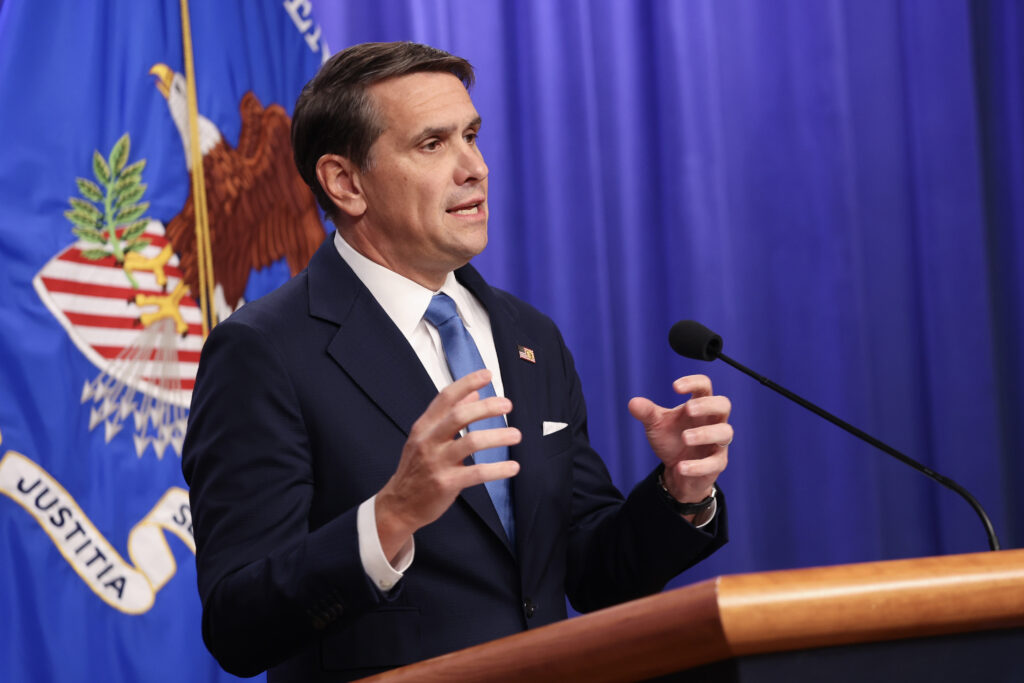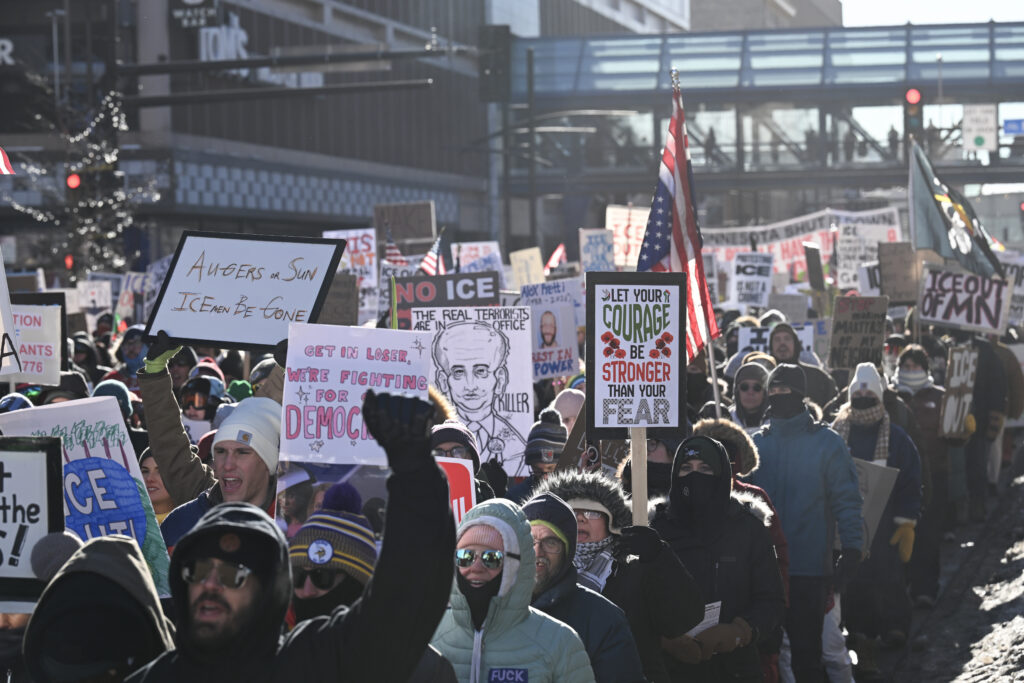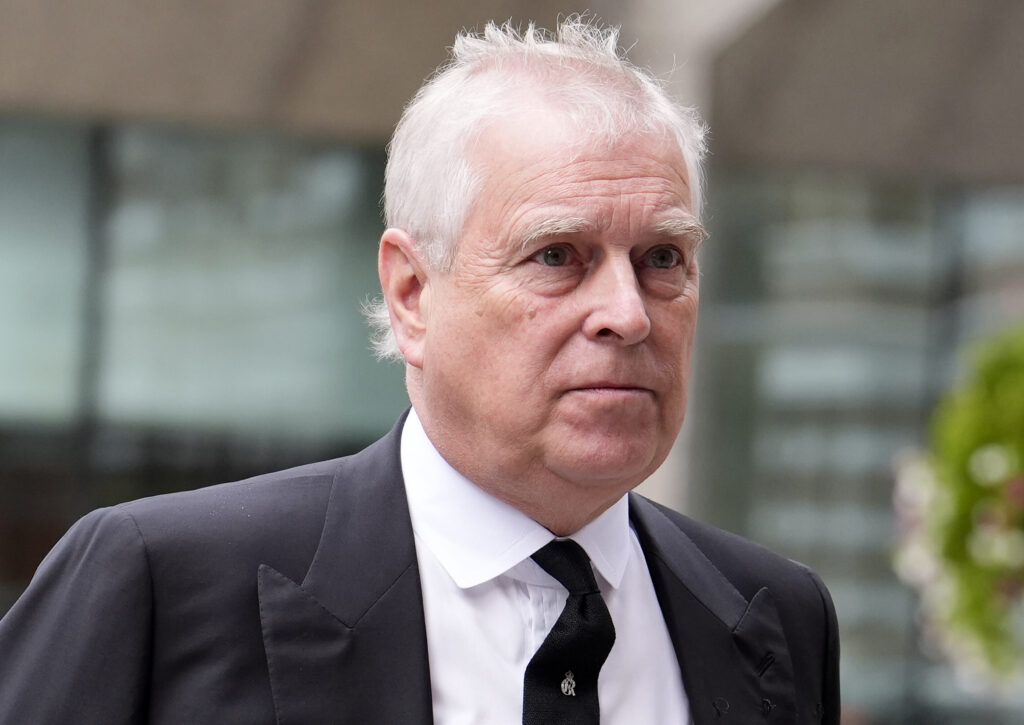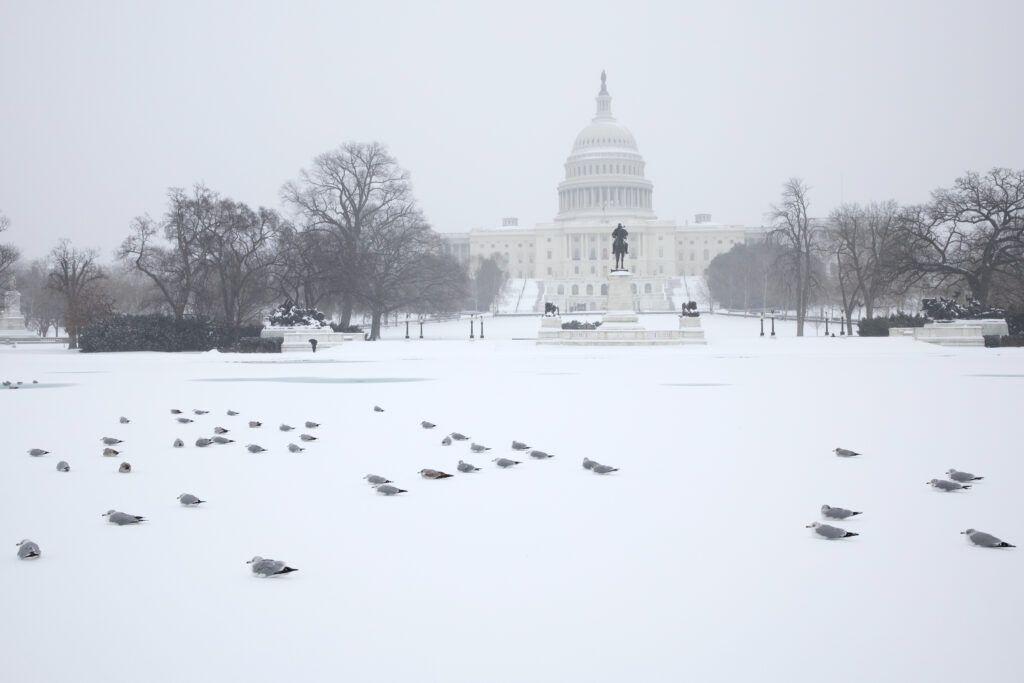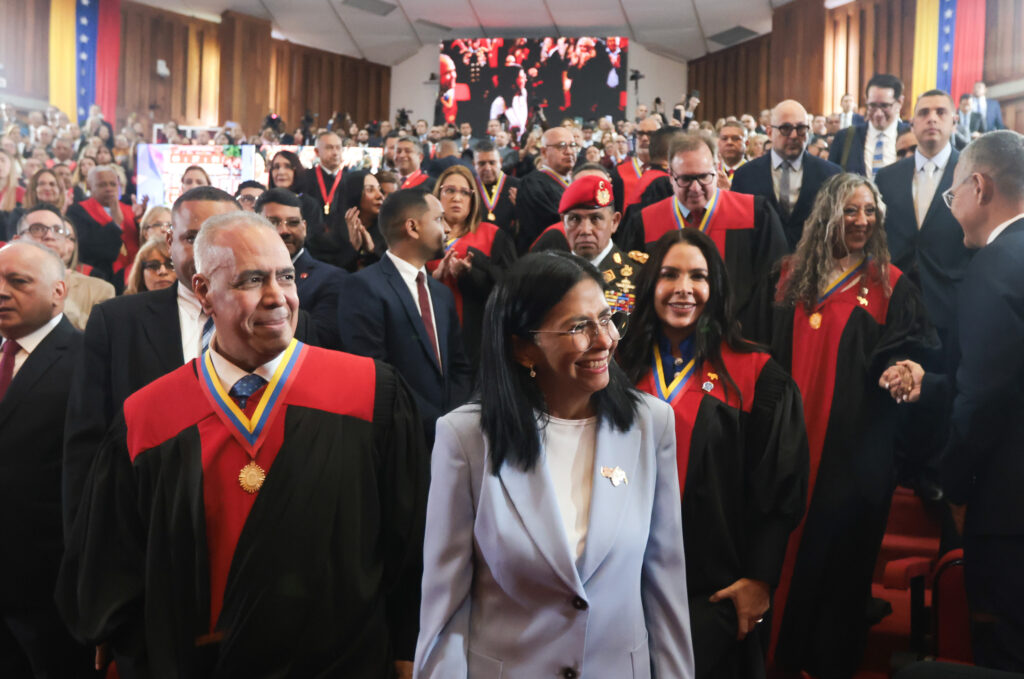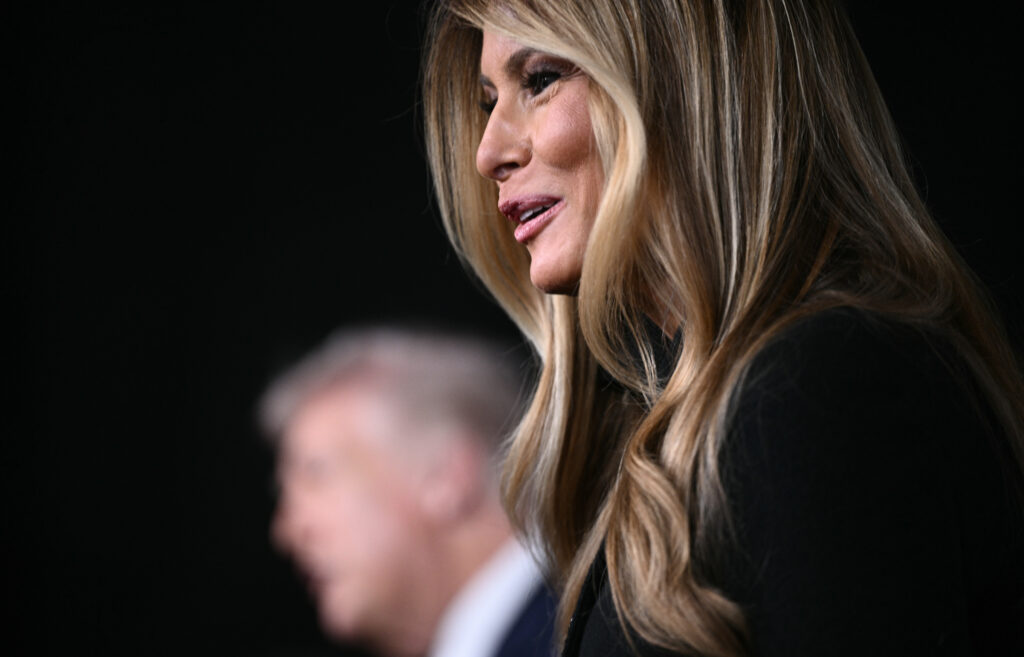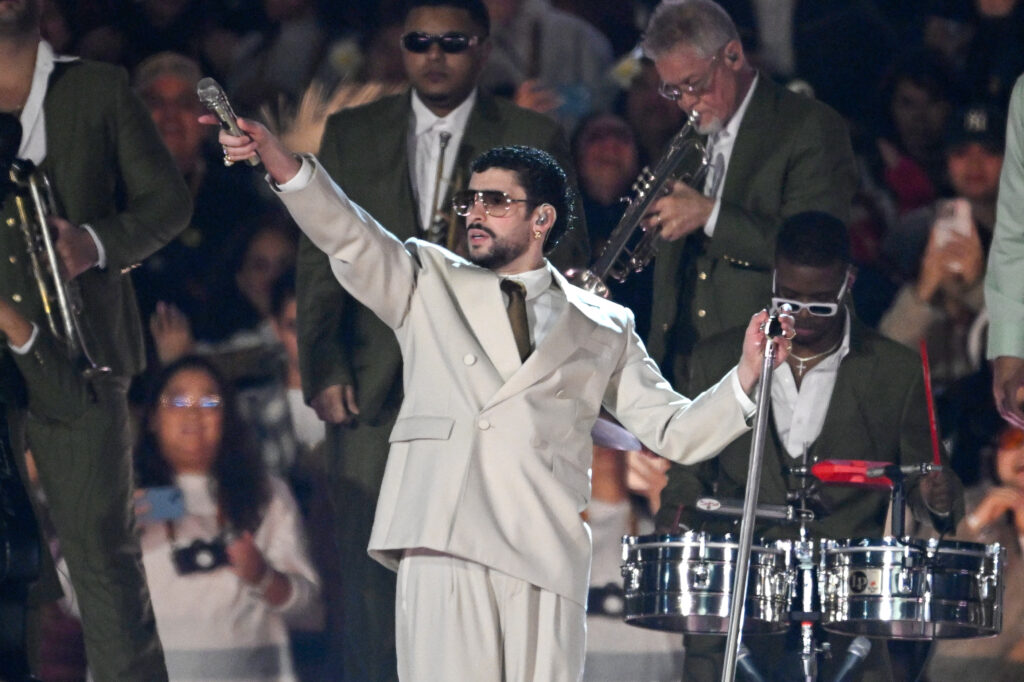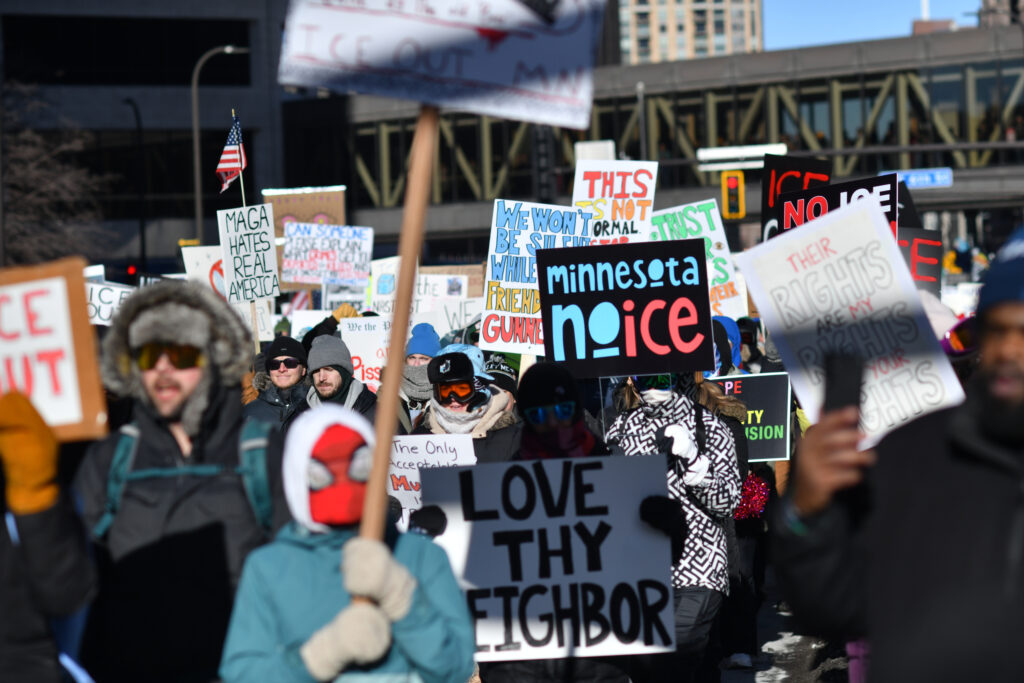Epstein survivors say abusers ‘remain hidden’ after latest files release
Survivors of Jeffrey Epstein said their alleged abusers “remain hidden and protected” after the US government released millions of new pages from files related to the convicted sex offender on Friday, adding fuel to the case that has dogged President Donald Trump.Deputy Attorney General Todd Blanche said the White House played no role in the Justice Department’s review of the extensive files on Epstein, a former friend of Trump.”They did not tell this department how to do our review, what to look for, what to redact, what to not redact,” Blanche told a news conference.More than three million documents were released on Friday that included mention of numerous powerful figures, including 79-year-old Trump, Elon Musk, Bill Gates and former prince Andrew Mountbatten-Windsor.The Justice Department said some of the documents contained “untrue and sensationalist claims” about Trump that were submitted to the FBI before the 2020 presidential election.Blanche, formerly Trump’s personal lawyer, denied suggestions that embarrassing material about the president had been redacted from the newly released files, which included at least 180,000 images and 2,000 videos.”We did not protect President Trump,” he said.Blanche said all images of girls and women had been redacted aside from those of Ghislaine Maxwell, who was convicted of trafficking underage girls for Epstein and is serving a 20-year prison sentence.However, a statement from survivors of Epstein’s alleged abuses claimed identifying information about them still remained in the files, “while the men who abused us remain hidden and protected.”The letter was signed by 19 people, some using aliases or initials, and demanded “the full release of the Epstein files” and that Attorney General Pam Bondi directly address the matter when she testifies before Congress next month.- Executives, politicians, celebrities -A wealthy US financier, Epstein died in a New York prison cell in 2019 while awaiting trial for sex trafficking of underage girls. His death was ruled a suicide.Previous document releases have shed light on Epstein’s ties to top business executives such as Microsoft’s Gates, celebrities such as filmmaker Woody Allen, academics and politicians, including Trump and former president Bill Clinton.In a draft email among the latest published documents, Epstein said Gates had engaged in extramarital affairs, a claim the Gates Foundation denied in a statement to The New York Times.Another document showed an email exchange between Musk and Epstein in 2012 in which Musk asked: “What day/night will be the wildest party on your island?”Musk said in a post on his X platform on Saturday he was aware that the email correspondence could be “misinterpreted and used by detractors to smear my name.”He called for the prosecution of “those who committed serious crimes with Epstein.”In other emails, Epstein connected Steve Tisch, 76, producer of the movie “Forrest Gump” and the co-owner of the New York Giants football team, with multiple women.In one exchange with Tisch, Epstein describes a woman as “russian, and rarely tells the full truth, but fun.”Former prince Andrew, who was stripped of his royal titles over his ties to Epstein, is mentioned in one document inviting Epstein to Buckingham Palace in 2010 after Epstein proposed introducing Andrew to a Russian woman.- Conspiracy theories -Trump’s right-wing base has long been obsessed by the Epstein saga and conspiracy theories that the financier oversaw a sex trafficking ring for the world’s elite.Maxwell, Epstein’s former girlfriend, is the only other person charged in connection with his crimes and Blanche appeared to play down expectations that the latest files would lead to further prosecutions.Trump and Clinton both figure prominently in the records published so far but neither has been accused of wrongdoing.A Republican-led House panel voted recently to launch contempt of Congress proceedings against Bill and Hillary Clinton over their refusal to testify before its probe into Epstein.Trump, who moved in the same social circles as Epstein in Florida and New York, fought for months to prevent release of the vast trove of documents about the disgraced financier.However, a rebellion inside his Republican Party forced him to sign off on a law mandating release of all the documents.Trump has given varying accounts of why he eventually fell out with Epstein. He has criticized the file dumps, saying that people who “innocently met” Epstein over the years risked having their reputations smeared.The Epstein Files Transparency Act called for all the documents held by the Justice Department to be published by December 19.Blanche said Friday’s release “marks the end of a very comprehensive document identification and review process”. He blamed the delay on work on redactions to protect the identities of Epstein’s more than 1,000 alleged victims.
